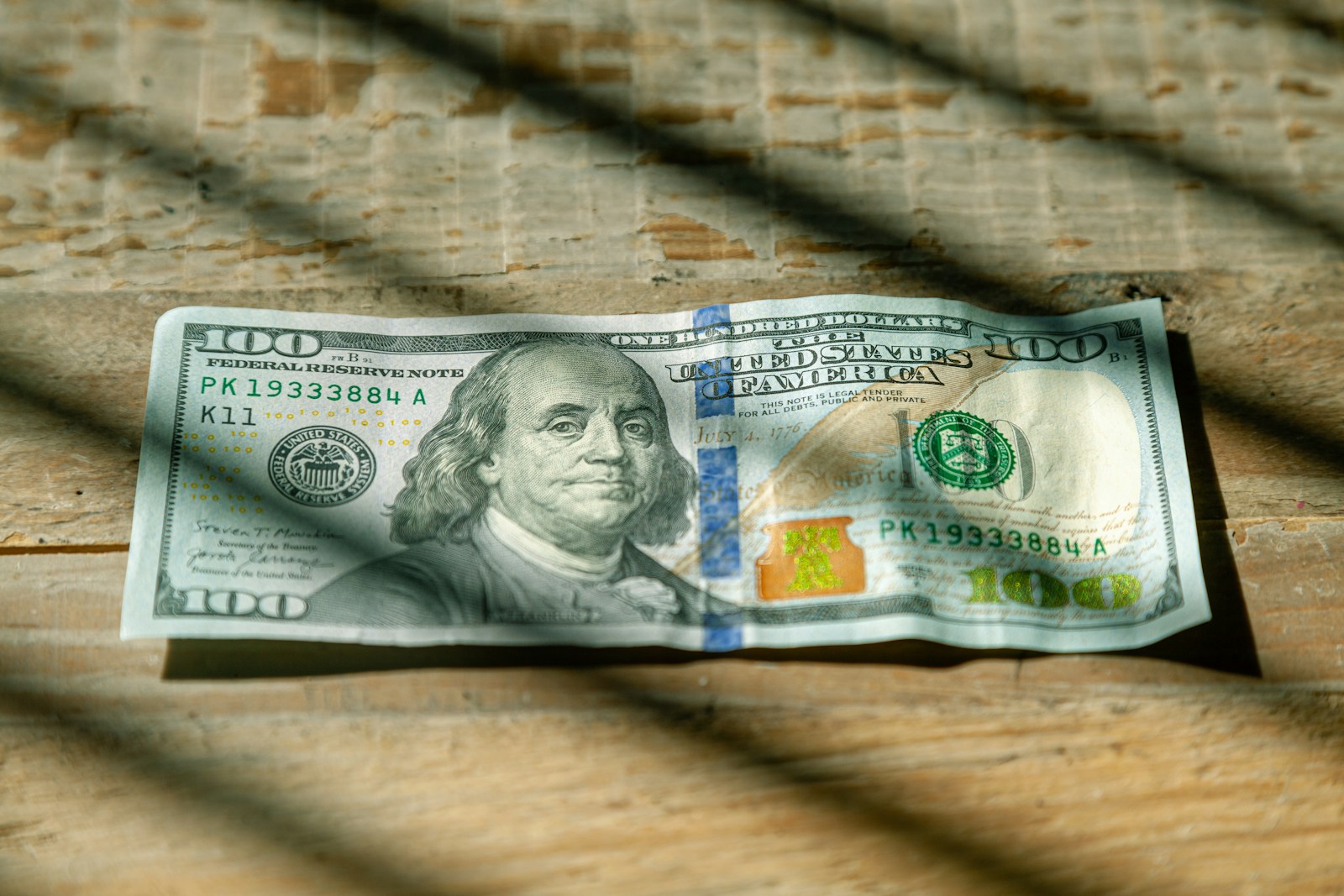
dólar

dollar
The Spanish word 'dólar' is used in the same way as the English word 'dollar'. It refers to the currency unit of the United States, Australia, or other countries. It is used to discuss money and purchases. In a sentence context, it could be used like, 'Este libro cuesta diez dólares.' ('This book costs ten dollars.').
Example sentences using: dólar
Cuántos dólares tienes?

How many dollars do you have?
This simple interrogative sentence is asking the listener about the quantity of dollars they have.
Necesito cambiar mi dólar a euros.

I need to exchange my dollar for euros.
In this phrase, the speaker is expressing a need to make a currency exchange, where they need to change their US dollar into Euros.
El dólar está fuerte hoy.

The dollar is strong today.
This phrase is commonly used when discussing the value of a currency. When the dollar is 'strong', it means it has increased in value compared to other currencies.
El precio es de cien dólares.

The price is one hundred dollars.
This phrase is used in context of stating the cost or price of something, in this case, the cost being one hundred dollars.
Ahorra tus dólares.

Save your dollars.
The speaker here is advising someone to save their money, in this case, their dollars.
Prefiero el euro al dólar.

I prefer the euro to the dollar.
While discussing financial matters or preferences, this sentence is used to express preference for the Euro over the US dollar.
El dólar ha subido.

The dollar has gone up.
This is typically used to denote a rise in the value of the dollar in comparison to other currencies.
Gané diez dólares en la lotería.

I won ten dollars in the lottery.
This phrase is used in a situation where the speaker won a sum of money, specifically ten dollars, in the lottery.
El dólar ha caído.

The dollar has fallen.
This phrase is used to denote a decrease in the value of the dollar in comparison to other currencies.
No tengo ni un dólar.

I don't have a single dollar.
This phrase is used to express that the speaker does not have any money. It's a stronger version of saying 'I don't have any money.'